“I go to work, but I’m not all there. I’m tired. My brain is foggy. I’m on auto-pilot most of the time,” Tim shared. “Work is weird. Everything is weird.”
Tim’s son Ethan was a quiet, introspective kid. He preferred reading and video games to people. He was brilliant, but made average grades in school. He excelled in college, and landed a nice IT job. He was well-liked, but a loner.
At work, he always took the stairs, trying to get all the exercise he could. One Tuesday, he left for lunch and headed to the exit sign. Unknown to Ethan, there was a large spill at the top of the stairs on his floor. He slipped and fell.
His co-workers found him several hours later. Ethan was 28.
“I can’t hardly sit at a computer without tearing up. The fact that I work in IT doesn’t help,” Tim said with a sigh.
Loss impacts work too
The loss of a loved one impacts every area of life. Many of us spend 40 plus hours a week at work. Our jobs will be anything but business as usual.
Grief is exhausting. We’re tired. Most of us wake fatigued and trudge through the day as best we can. We tackle complex vocational tasks. We desperately try to keep up with the expectations placed upon us and our own to-do list.
We face people, co-workers, every day. Some smile and pat us on the back. Some ask us how we’re doing and try to be sensitive and supportive. Some avoid eye contact, not knowing what to say and terrified they might make things worse somehow. Some try to cheer us up. Everyone senses the huge change. The whole thing is, well, awkward.
Then there are our bosses and supervisors. Some are compassionate, and their primary concern is for us and our well-being. They listen, and treat us like human beings. Others are more concerned about the job, the effect on the bottom line, and our work performance. Some are so wrapped up in their own lives they act as if nothing has happened.
Co-workers are mostly caring and supportive, but their life hasn’t changed. They naturally anticipate that we will rebound from this and be the same people we were before.
We begin to feel the squeeze of job requirements and expectations. Our own desire to work hard and perform well adds to the burden. Work is tough when we’re grieving.
How do we do this? Is it possible to be somewhat honest and still perform our functions adequately? Should we shut our emotions down at work and compartmentalize our loss somehow? Is there a balance here? What’s healthy?
We’re all different. All our losses are unique. Our talents, abilities, and jobs are all diverse. We have different co-workers, supervisors, and bosses. In other words, there is no cut-and-dried, works-every-time, one-size-fits-all approach.
Here are three tips, however, that can apply to all of us working grievers:
- Be proactive. What can you do to make your work environment more grief-friendly for you?
- Be honest. How can you communicate with your boss, supervisor, and co-workers about what you’re going through?
- Be responsible. Continue to act with integrity and do the best job possible given the circumstances.
Here’s a suggestion that might help accomplish all three of these. Do a preemptive strike and inform co-workers how we’re doing and what they can expect from us. Here’s a possible example:
“As you know, my son Ethan died last week. We’re devastated. I know you probably wonder what you can say or do to be supportive. Just be aware that I’m hurting, no matter how I might appear. Please don’t ask me how I’m doing during work, or I’ll never make it through the day. Smile, pat me on the back, or give me a hug. Feel free to call or text me later. I take my job seriously. I will give all I can to do the best job I can. I’m thankful to be part of this team.”
Life is different now, and work is no exception. Finding a way to grieve, be honest, and still meet job expectations is challenging. Experiencing work stress during a time of loss and grief is natural and common. Doing what we can to take care of ourselves and grieve responsibly outside of work will be crucial.
“Work is weird and awkward now. I’ll find a way to grieve honestly and still work well.”
Adapted from the USA Best Book Award Finalist and Amazon bestseller, Shattered: Surviving the Loss of a Child. Grab your copy or a free excerpt here.
Question: Has grief affected your work? What have you found helpful?



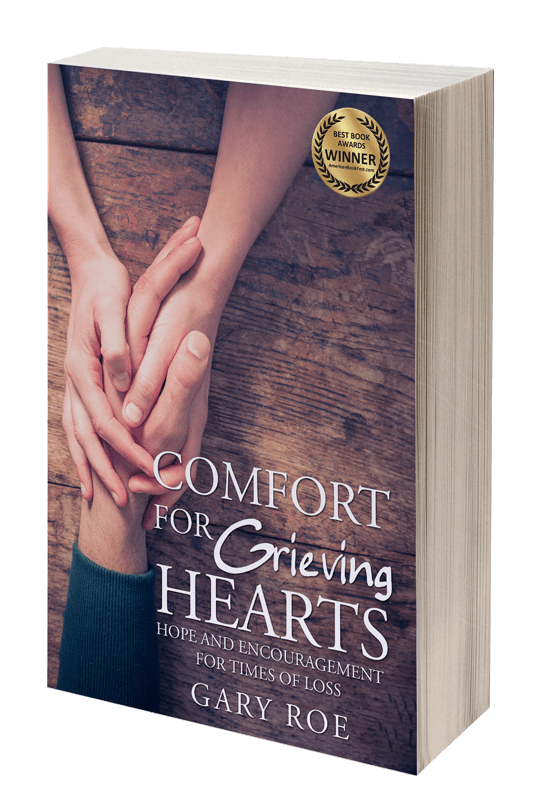
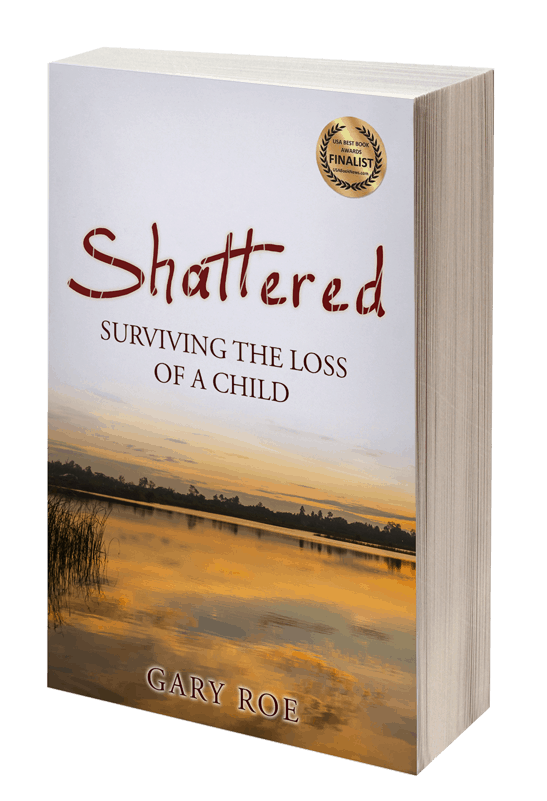
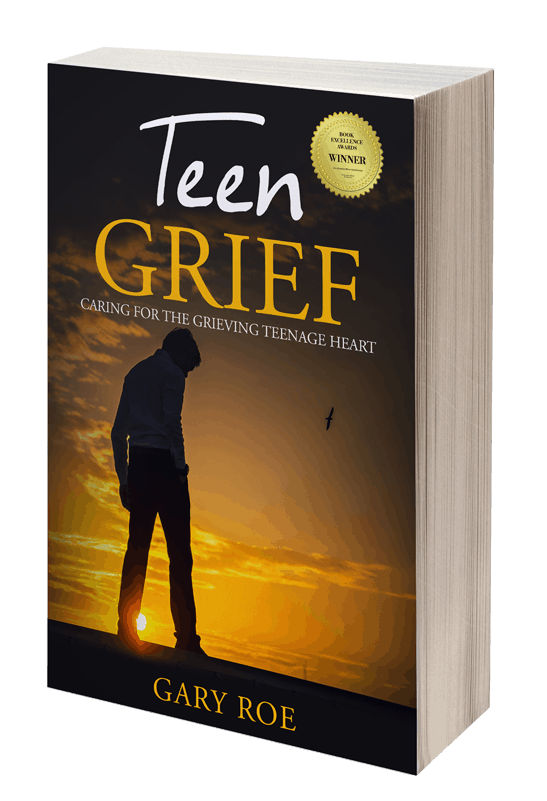
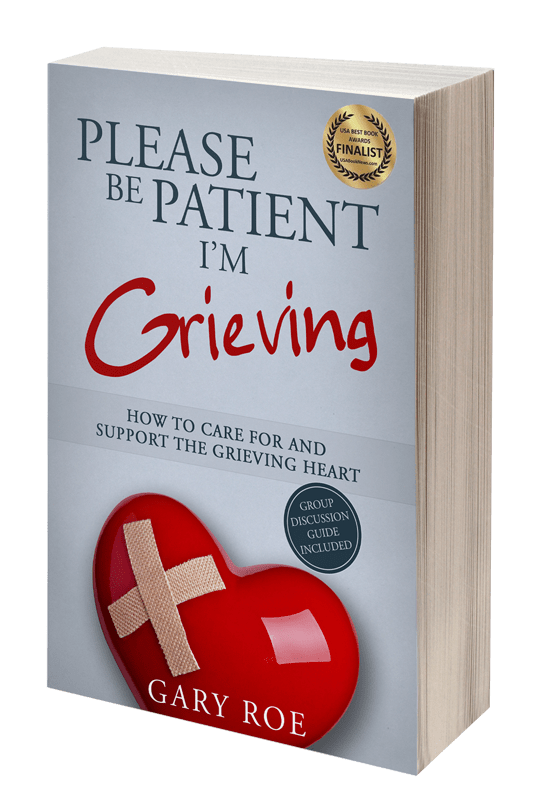

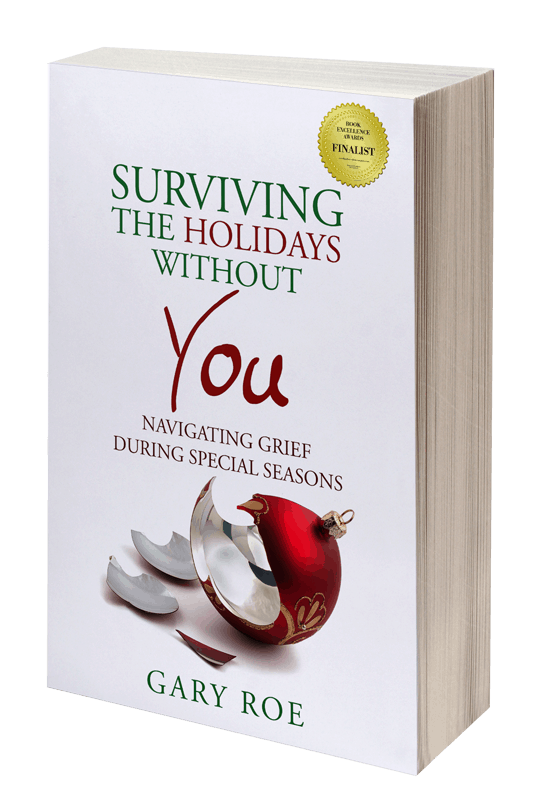
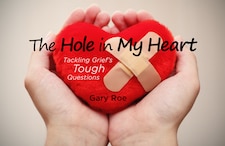
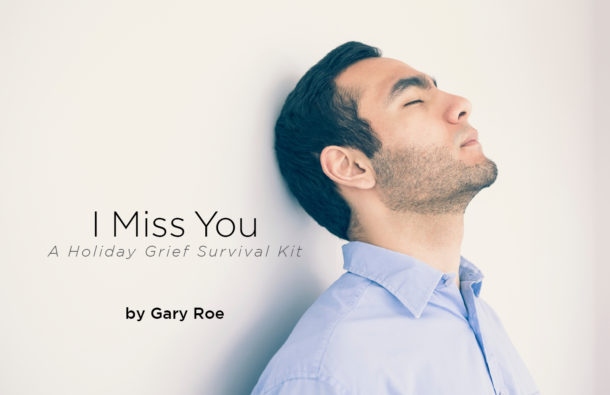
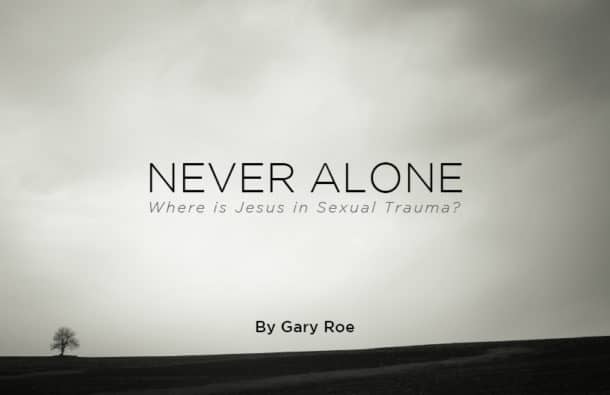

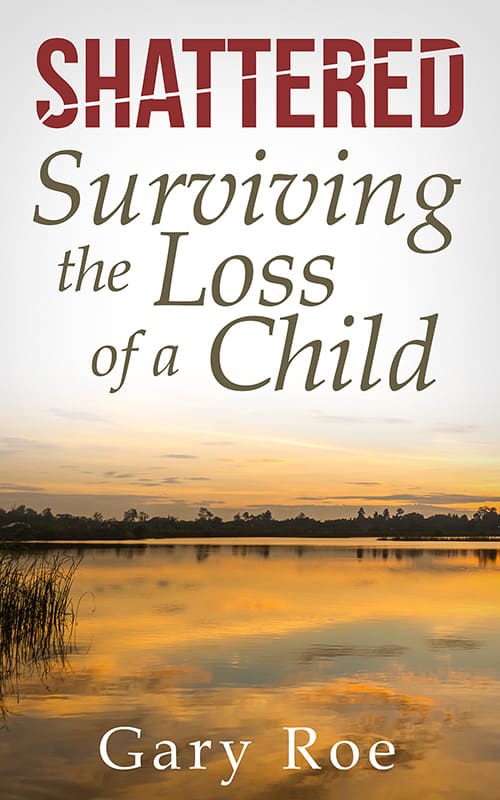
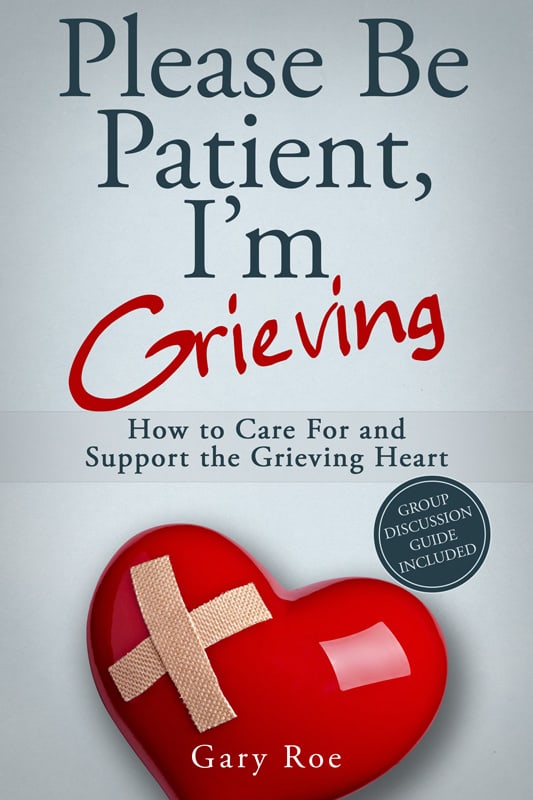
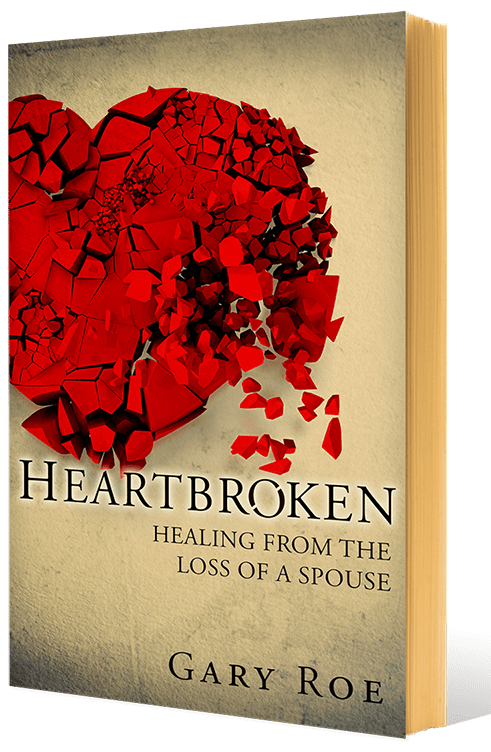
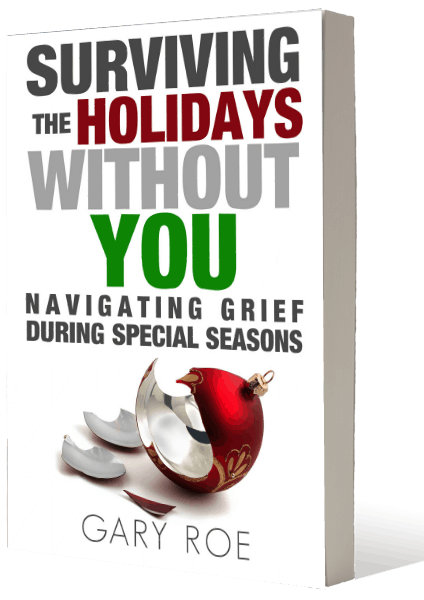
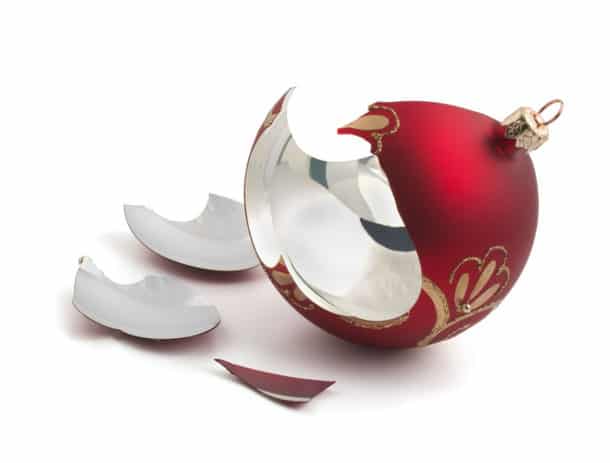
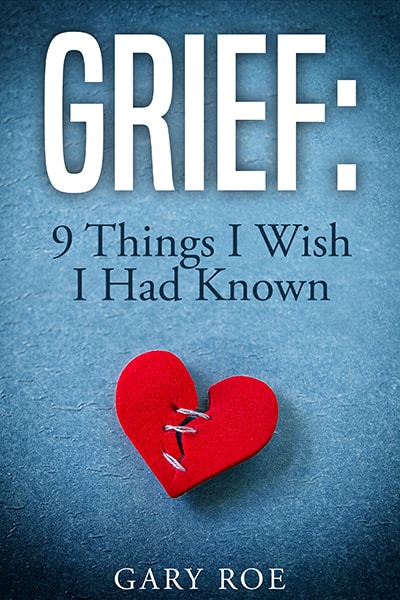
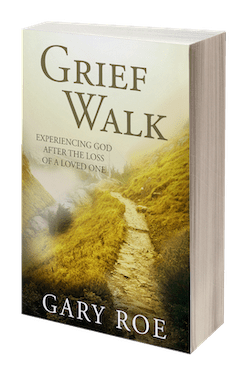
My oldest sister died January 28, 2018. My brother died in 1982, my Mother in 1984, and my Father in 1989. My sister’s death has just crushed me. I kept asking myself why my sister’s death is so much harder and I realized I have not drank alcohol for over 20 years. I numbed myself before. So now it’s like I am grieving all of them. I can’t wait to read your book. I’m glad I found you!
Hi Leslie. Thank you for sharing this. And for your honesty. We’re here to help. Please feel free to comment anytime. Glad to “meet” you!
I am so appreciative of you reaching out to people like myself who are grieving the loss of a loved one. My wife past away 2 months ago and I am broken and easily break into tears. My life has changed and I find it hard to cope.We were married for 52 years. Your thoughtful word are very encouraging. Thank you, Dan Gould
Hi Dan. Oh my. I’m so sorry about your lady. No wonder you feel broken. Please be kind to yourself and patient with yourself. And please feel free to reach out here anytime, Dan. Blessings to you…
This really hits home in several ways. It’s been 7 months since my husband died of cancer and I am feel like am starting to come out of a fog and the numbness is wearing off. Some days I can hardly get out of bed, and when I do I can’t stop the tears. I can’t get the image of his eyes out of me head as he took his last breath. We had 46 years together. He was my one and only through good times and bad.
My company is going through major changes right now and in some ways it’s good as it makes me focus and takes my mind off of my grieving for a few hours, but on the other hand it takes more of an effort to focus and concentrate. I am in a small office with 4 co-workers and 2 of them talk constantly, with one of them being hard of hearing so it’s get pretty loud at times. How do I tell them in a nice way that I need quiet to do my job. My office is in a big building and I interact with several other areas and business partners all day long. I feel the awkwardness everyday from everyone I meet in the hallways. I agree the worse question to ask someone who is grieving is “how are you doing”. I’m starting to be honest and let my co-workers know when I am having a bad day, but the response I’ve gotten is “I was hoping you would start to feel better by now” How do you explain to someone who hasn’t lost someone close to them, that’s not the way it works? For everyone else I put on a smile and tell them “I’m fine” even though my eyes are puffy and my nose is red from crying all morning. It’s so exhausting pretending to be okay.
Hi Marcy. I’m so sorry about your husband. Goodness, what a loss – and it affects everything. No wonder you’re facing the issues you are. Be comforted that it’s not you causing any of this. How people respond is about them – what they think, what they want, etc. Honestly, there’s no way you can help someone understand, or even be sympathetic or compassionate, if they really think you “should be better by now.” If you want to, you could grab a couple of copies of Please Be Patient, I’m Grieving – and tell people that if they want to know why this is so hard, and why you’re acting the way you are, they can read this brief book. It’s worth a try. And you are so right – being fake is exhausting – especially on top of all the grief fatigue. Please be patient with yourself. You matter. Guard your heart, as you can.
Little things matter the most. Make sure to pack a healthy snack and water-everyday and take the 15 minute break to enjoy it. Share a Special treat with Co-Workers-like a Birthday in Heaven or a Special Memory. Not too personal-just brief and special. Have a Happy Picture of the Family Member on your desk or wall. Flowers mean the most to me-I have a vase of flowers in my work area. That way flowers become an everyday happy reminder instead of just at a funeral. Thank you for listening-
Hi Cindy. Thank you for sharing this. Wonderful! These are great ideas! Well done!